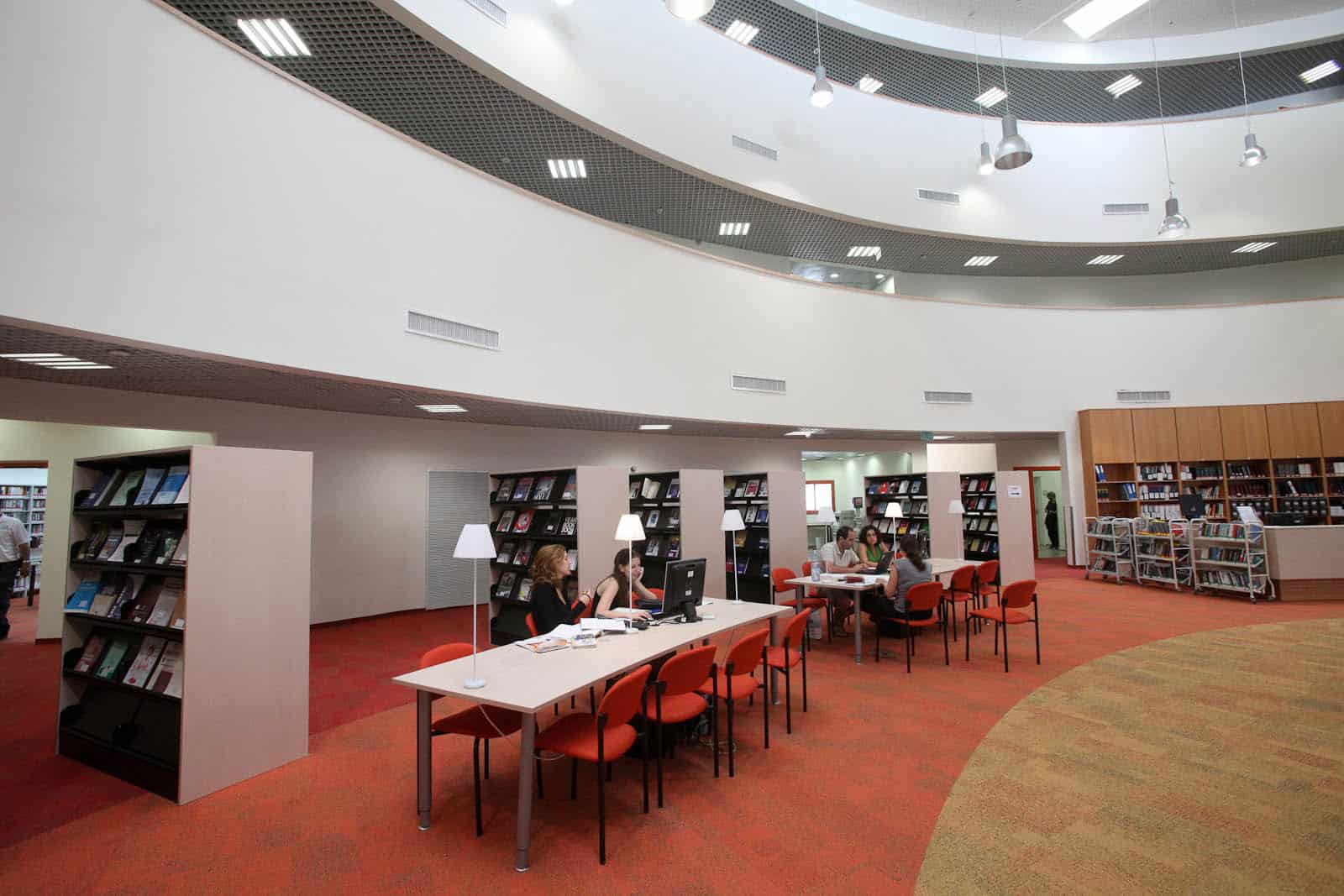Our Director

Adv. Efrat Fodem
Director of the Meshane Clinical Center
Adv. Efrat Podem has been the director of the Meshane Clinical Center and instructor at the Clinic for the Advancement of Equality for over a decade. Efrat also teaches, heads a wide range of programs at the Faculty, and conducts research in the areas of law, society, and gender. For over a decade, Efrat has managed the Tmura (“Transformation”) Center for the Advancement of Equality, which promotes social change through the use of innovative civil and legal tools.
Articles by Adv. Efrat Fodem:
The most effective weapon of the abusive man is the court
About
The Meshane Clinical Center is a key arena at the Haim Striks Faculty of Law. The activity at the clinics provides students with a unique opportunity for practical legal-social work, promoting the values of social progress and change, developing critical thinking, and acquiring practical professional tools for joining the labor market. Within this framework, students act on behalf of disadvantaged populations and promote their rights, research and process data, guide legislative processes, negotiate, and represent clients in court. The activity in the clinics provides an opportunity for in-depth acquaintance with civil society organizations, public authorities, government ministries, and law firms. We believe that the experience students acquire in the clinics turns our graduates not only into better lawyers but also better, more ethical and committed human beings.

